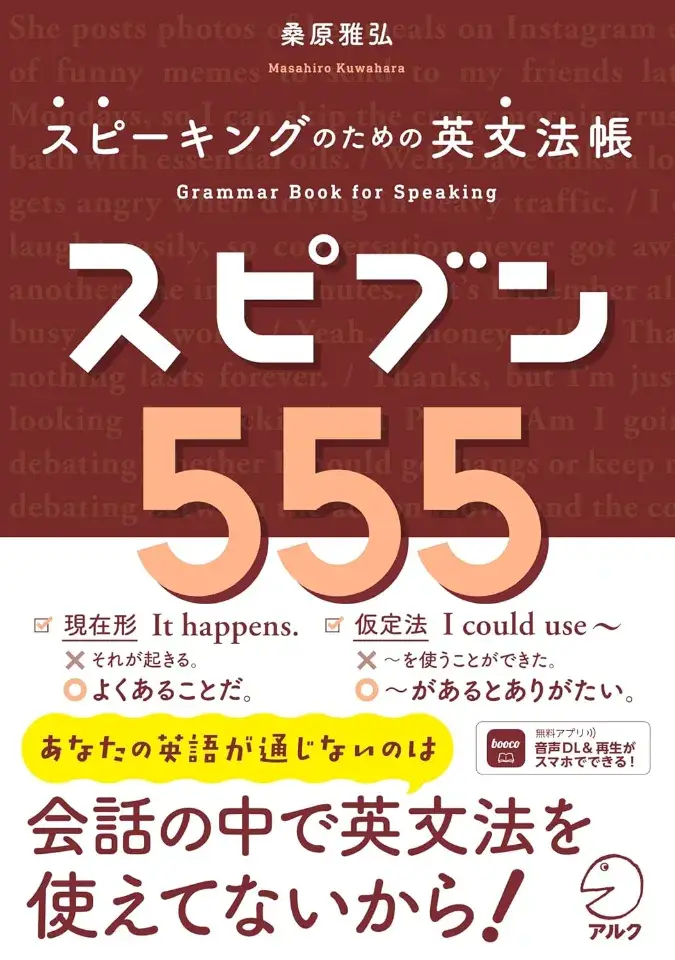
Question
How would you explain kazoe-doshi?
(数え年を説明すると?)
答えはこの記事の一番下に掲載しています。
11月に入って立冬に小雪などそろそろ冬の足音も聞こえだすこの季節。週末になると、着物や袴(はかま)姿に長い飴(あめ)の入った袋を持つ小さな子どもたちを見かけます。ちょっと神社に足を延ばしてみると、おしゃれした子どもたちの姿が見られてかわいいものです。さて、今回はそんな七五三を見ていきましょう。
on a day free of goblins!">七五三は、鬼のいない日に行われる!? Shichi-go-san ceremony is held on a day free of goblins!
November 15 is the day for Shichi-go-san. Parents take their five-year-old sons (three year olds too depending on the region ), and three- and seven-year-old daughters to shrines to pray for their future health and growth while showing their appreciation for the child’s development . The 15th of each month used to be called kishukubi, a day free of goblins, and it was said to be a good day for holding all kinds of events, though not wedding ceremonies. Also , November is a month for harvesting, so people celebrate Shichi-go-san with the harvest on the 15th - the day of the full moon on the old lunar calendar.11月15日は七五三です。親が5歳の息子(地域によっては3歳も)や3歳と7歳の娘を連れて神社に行き、成長を 感謝 しながら、無病息災を祈ります。15日は元来“鬼宿日”と呼ばれて鬼が出歩かない日だとされ、婚礼以外の行事に吉日だとされてきたのです。11月は秋の実りを祝う月でもあり、旧暦の満月に当たる15日に一緒に七五三の祝いをしたとされています。
original meaning of the celebration">七五三の衣装と儀式の意味とは? Shichi-go-san costumes and the original meaning of the celebration

Each Shichi-go-san age used to have a different ceremony and children wore special kimono or clothes for each particular age. The long, thin candy given to children on this day, chitose-ame, also has a special meaning. Let’s take a look at the details.七五三は、かつては年齢ごとに儀式の意味があり、それに即した服装をしていました。そして、千歳飴には思いがこもっています。それぞれを見てみましょう。
Three-year-olds : Used to be the ceremony of Kamioki. Children up to the age of three were required to shave their heads in the Edo period . From the age of three, they were allowed to grow their hair.3歳。 かつての「髪置きの儀」。江戸時代は、3歳までは髪をそる習慣があり、ここから髪を伸ばし始めるようになることに由来する。女の子は、肩揚げをした着物に帯を結ばず、被布(ひふ)というベストのような羽織。男の子は、本来は紋付二枚襲(にまいがさね)と袖なし羽織とへこ帯。近年は紋付きの羽織に袴着用も多い(地方による)。Girls usually wear hifu (a type of padded vest) with their kimono, and no obi.
Originally boys wore kimono with family crest with an obi and haori vest. These days, however , depending on the region , people put the family crest on the haori and hakama.
Five-year-olds : Used to be the ceremony of Hakamagi. Originally, boys aged five could wear hakama, a formal divided skirt worn by men, for the first time. Usually they wore haori, a kimono coat with the family crest on it, with the hakama. There is also a custom of making the boy stand on a shogi board facing the “lucky” direction .5歳。 かつての「袴儀(はかまぎ)」。元来は男子が袴を着用し始める儀。 通常は紋付きの羽織に袴。吉方を向いて将棋盤の上に立たせる風習もある。
Seven-year-olds : Used to be the ceremony of Obitoki. Girls aged seven replaced the simple cords previously used to tie their kimono with the traditional obi.7歳。 かつての「帯解の儀」。女の子が7歳になると簡単な紐(ひも)で縛っていた着物を帯に取り替える。衣装は正式な総柄の友禅模様の着物に丸帯を結ぶ。幅の広い1枚の布地を半分に折って仕立てたもの。They wore yuzen-patterned formal kimono tied with a maruobi made of a broad cloth folded in half.
千歳飴 Chitose-ame

The Chinese characters for chitose-ame represent “thousand-year candy.” This candy is given to children at the Shichi-go-san ceremony. Chitose-ame is a long, thin, red and white candy, which symbolizes healthy growth and longevity. It is put in a long paper bag decorated with a crane and a turtle , which also represent long life in Japan.七五三に子どもに渡す千歳飴の漢字は文字通り“千年の飴”。細長く、紅白の飴は健康と長生きの象徴とされています。日本では長寿の象徴である亀と鶴が描かれた長い紙袋に入れられています。
最近は写真館で写真だけ撮影して済ませることも多いようですが、小さな唇にチョンと紅をさした女の子や、袴姿に千歳飴を持った男の子が家族と手をつないで歩く姿はかわいらしいものです。長くてなかなか溶けてなくならない千歳飴も、子どもにとってはいつまでも続く思い出になるのかもしれませんね。
Answer
数え年は、年齢の数え方のひとつ。生まれたときを1歳として、以降は元旦に1歳ずつ年を取るという考え方。

執筆:上野陽子●うえのようこ●
カナダ・オーストラリアに留学ののち、ボストン大学コミュニケーション学部修士課程ジャーナリズム専攻、東北大学博士前期課程人間社会情報科学専攻修了。通信社の国際金融情報部、出版社にて国内・海外の取材記事や交渉ほかを担当。海外通販会社の役員を経て、諸媒体の翻訳・執筆・プロデュース などを手がける。 著書に『 コトバのギフト~輝く女性の100名言 』(講談社)、『 スティーブ・ジョブズに学ぶ英語プレゼン 』(日経BP社)ほか多数。仕事と趣味で旅した国は50カ国を超える。
boocoで読める!アルクの新刊、続々登場
語学アプリ「booco」なら、アルクのベストセラー書籍200タイトル以上が、学習し放題!
「キクタン」などアルクの人気書籍800冊以上が音声対応。「読む」に対応した書籍では、本文と音声をスマホで手軽に利用できるほか、一部の書籍では、学習定着をサポートするクイズ機能で日々の復習や力試しも可能です。さらに、Plusプランに加入すれば200冊以上の書籍が学習し放題に!
boocoの「読む」機能では、次のような使い方ができます。
① 学習したいページを見ながら音声を再生できる
② 文字サイズや画面の明るさを調整できる
③ 書籍内検索ができる
※ これらの機能には一部の書籍が対応しています。

▼「booco」の無料ダウンロードはこちらから





